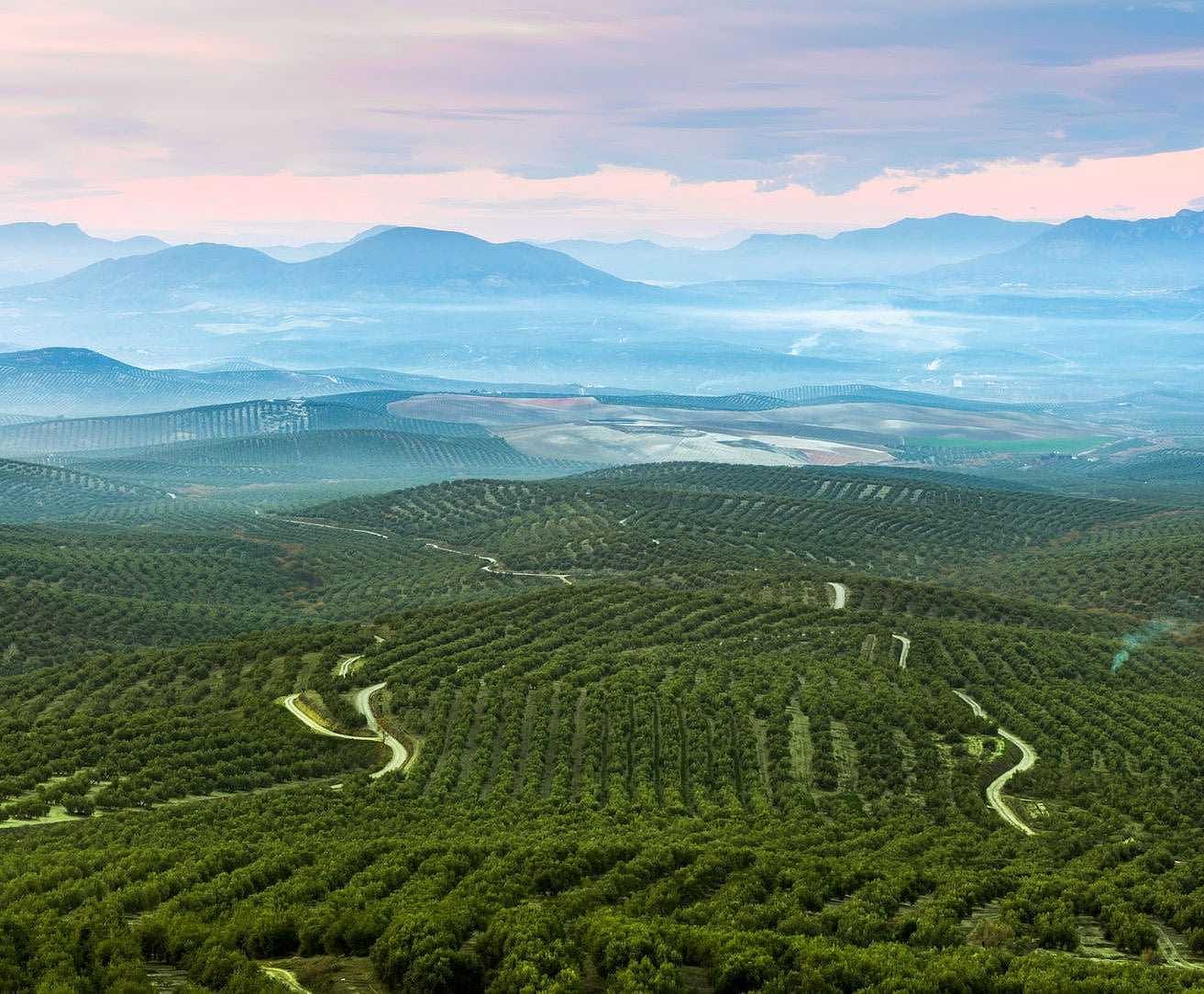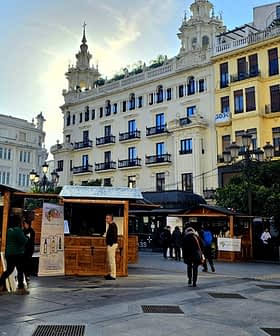Jaén Seeks UNESCO Nod for its 'Sea of Olives'
The provincial government of Jaén has been the leader in pursuing the recognition of the unique Andalusian terrain as a World Heritage Site.
 The Sea of Olives in Jaén, Spain
The Sea of Olives in Jaén, SpainThe United Nations Educational, Scientific and Cultural Organization (UNESCO), according to its website, “seeks to encourage the identification, protection and preservation of cultural and natural heritage around the world considered to be of outstanding value to humanity.”
Spain has 45 UNESCO sites, third on the list after Italy and China of countries with the most recognitions. Seven sites are located in Andalusia: Doñana National Park; The Cathedral, Alcázar and Archivos de Indias in Seville; Gorham´s Cave Complex; Antequera Dolmens Site; The Alhambra, Generalife and Albyzin; The Historic Centre of Cordoba and; The Renaissance Monumental Ensembles of Úbeda and Baeza, Jaén.
Spain was also among seven countries listed by UNESCO to practice the Mediterranean diet, recognized as an Intangible Cultural Heritage of Humanity.
Any traveler who has driven through Andalusia and more specifically through the province of Jaén can tell you of its spectacular landscape, dotted with millions of olive trees. Their seemingly infinite existence has been christened the Mar de Olivos or “Sea of Olives.”
For a year now, the provincial government of Jaén has been the leader in pursuing the recognition of the unique Andalusian terrain as a World Heritage Site.
In April a seminar was held at the International University of Andalusia (UNIA) in Baeza. The event brought experts and specialists together to discuss the environmental, anthropological, economic and physical values of the olive orchards and how to best present the idea to UNESCO.
The University offered a summer course to address and prepare the community on the cultural value of its olive trees.

A technical commission has been established with representatives from the Jaén government, the Regional Government of Andalusia, the University of Jaén, cooperatives, the Andalusian Organic Agricultural Association (CAAE), The Association for Groups for Rural Development (ARA), The Guillén Foundation and, The Spanish Association for Olive Municipalities (AEMO).
The commission recognizes that it will not be an easy task to be listed as a World Heritage Site. However, they point out the great importance environmental, traditional, cultural and economic value of the Sea of Olives. There are an estimated 180 million olive trees in the autonomous community. Although all eight provinces of Andalusia cultivate olives, Jaén is the largest producer, supplying the world with 22 percent of its olive oil.
The commission also asserts that Andalusia has more than 300 municipalities that depend on the crop as its primary economic activity, 170,000 farms and a million and a half hectares (370,658,072 acres) of its countryside planted with the tree.
The technical commission aims to present the project to the Ministry of Education, Culture and Sports by 2017. The Ministry will then decide whether it is worthy of presenting a proposal to UNESCO. If it is selected, it will be up to UNESCO to make the final decision in 2019.








